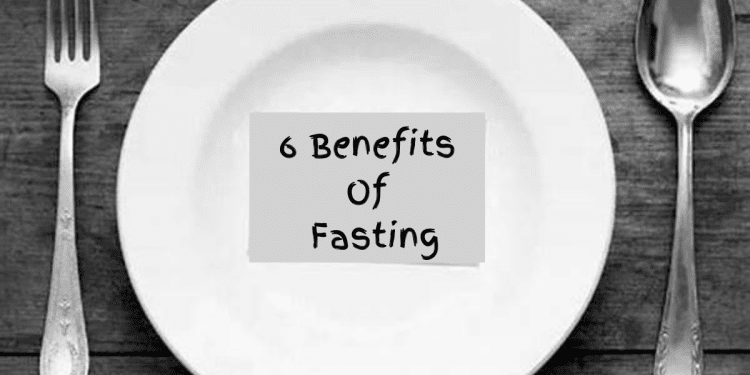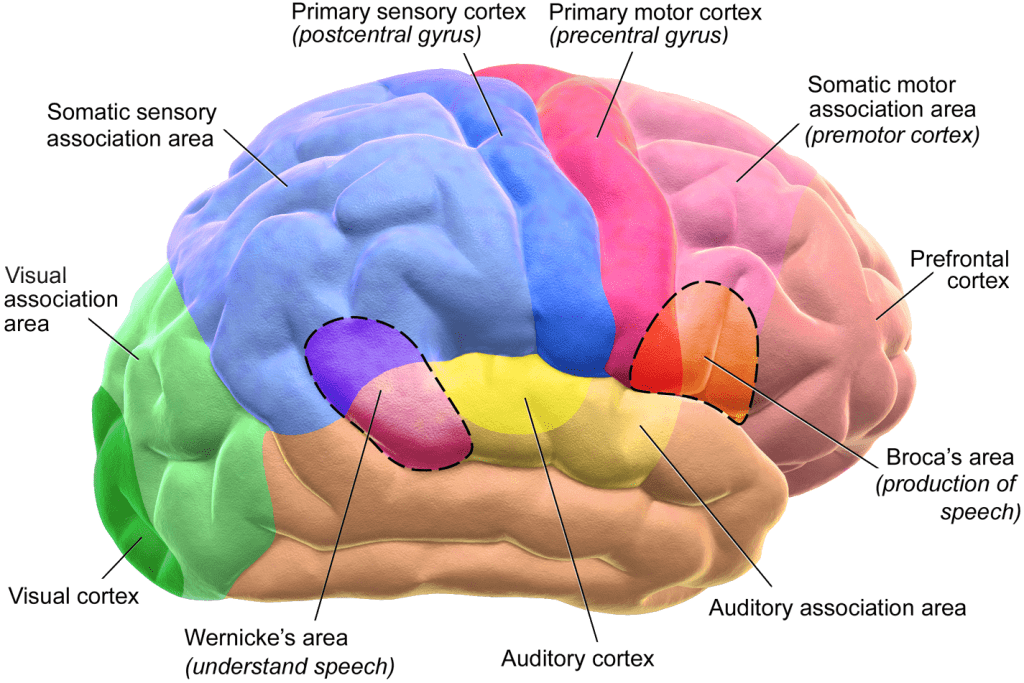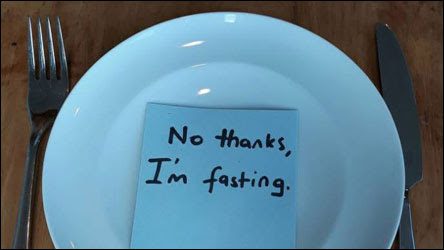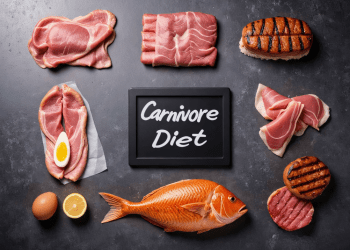The benefits of fasting may seem counterintuitive – voluntarily going without food for an extended period? That’s something we associate with ancient rituals or hunger strikes.
But this age-old practice is making a major comeback in modern health circles. More and more people are turning to fasting for weight management, disease prevention, increased productivity and more.
The truth is, our ancestors fasted regularly, whether by circumstance or custom. It was simply part of life’s natural rhythm back then. These days, with food so readily available, we’ve lost touch with that cycle.
However, mounting research shows overriding hunger signals and fasting could potentially unlock a host of health benefits like improved cholesterol, reduced inflammation, and better blood sugar control.
It’s making us rethink the conventional “three square meals” model – hence fasting’s Renaissance we’re witnessing today among bio-hackers and trendsetters. While it may seem extreme, clearly there’s more to the benefits of fasting than meets the eye.

The Science Behind Fasting
Alright, let’s dig into the fascinating science behind this whole fasting phenomenon. But before we get too into the nitty-gritty details, I want to address the skeptics out there. I can already hear some of you thinking “This doesn’t sound healthy at all! Isn’t starving yourself really bad?”
Well, let me put those concerns to rest right away with a little perspective…
We’ve been conditioned to think that going extended periods without food is unnatural or even dangerous. But believe it or not, our bodies are remarkably well-adapted to handle it.
Think about it – our hunter-gatherer ancestors didn’t have Uber Eats or 7-Elevens on every corner. They went through cycles of feast and famine regularly.
So from an evolutionary standpoint, fasting is a survival mechanism ingrained in our DNA and physiology. When you stop giving your body a steady stream of calories, it actually triggers some pretty amazing mechanisms to tap into stored energy reserves more efficiently.
Here’s a crash course on what’s happening under the hood when you fast:
- First up, your body transitions from burning glucose (from food) to burning fat (from stored reserves) for energy via a process called ketosis. Those ketones serve as an exceptional fuel source.
- With no food intake spiking insulin, your sensitivity to the hormone increases. This allows much better glucose regulation and fat metabolism.
- Your metabolic rate also gets a friendly kick – ironic since you’d think no eating would slow it down. But fasting can increase metabolic rates by 3.6–14% in some cases!
Pretty wild, right? It’s like giving your body’s core operating systems a nice reboot and refresh. No wonder fasting is being studied for potential anti-aging, anti-inflammatory, and neuroprotective effects.
Of course, the nuances depend on the type of fast, duration, and individual factors. But at its core, fasting is tapping into those evolutionary survival mechanisms that our modern lifestyles have largely overridden.
Kind of makes you rethink who the “crazy” ones are – those of us fasting or those constantly eating around the clock!

Health Benefits of Fasting
1. Weight Loss and Metabolic Health
- Evidence supporting fasting as an effective tool for weight loss
- Studies consistently show fasting diets lead to significant weight loss – often more than traditional calorie-cutting diets
- You tend to preserve more lean muscle mass in the process
- Fasting’s impact on insulin levels and fat storage
- By regulating insulin and putting your body into ketosis, fasting forces your metabolism to start burning fat stores for energy
- Unlike deprivation diets that can mess with your metabolism long-term, fasting gives it a hugely beneficial reset
- Comparison with traditional dieting methods
- No more weird diet fatigue or being “hangry” all the time
- Fasting optimizes your physiology for fat burning rather than working against you
2. Cardiovascular Health
- How fasting contributes to improved blood pressure, cholesterol levels, and heart disease risk
- Fasting has been shown to reduce blood pressure, improve cholesterol numbers
- Lowers overall risk of heart disease, which is a leading cause of death
- Benefits tied to the metabolic switching, reduced inflammation and impacts on oxidative stress
3. Neurological Benefits
- The potential of fasting to enhance brain function and protect against neurodegenerative diseases
- Promising research shows fasting may help enhance cognitive function
- May protect against neurodegenerative diseases like Alzheimer’s and Parkinson’s
- Insights into how fasting influences cognitive health and memory
- Fasting boosts production of BDNF (brain-derived neurotrophic growth factor)
- Essentially acts as “fertilizer” for your neurons and brain health
- Anecdotal reports of feeling mentally sharper and more focused during fasts

4. Inflammation and Immune System
- Research findings on fasting’s role in reducing chronic inflammation
- Chronic inflammation contributes to autoimmune disorders, allergies, depression and cancer
- Fasting has been shown to help regain control and calm inflammation
- The effect of fasting on cellular repair processes and immune system efficiency
- By taking a break from digesting, cellular repair processes can kick into high gear
- May seriously boost immune function and longevity at the cellular level
5. Longevity and Disease Prevention
- Exploring the evidence that suggests fasting can extend lifespan and delay aging
- Exciting research on how fasting could help extend lifespan by studying aging biomarkers
- Appears to positively impact longevity pathways
- Fasting’s potential to mitigate the risk of cancer and enhance chemotherapy effectiveness
- Evidence suggests fasting may help prevent cancer
- May augment chemotherapy treatments by restarting cellular repair and metabolic reset
Practical Aspects of Fasting
Okay, let’s get practical with this fasting thing. I know just reading about the science and benefits is all well and good, but you’re probably wondering “Yeah, but how the heck do I actually do this?”
Don’t worry, I got you covered. There are actually a bunch of different approaches to fasting that make it easier to incorporate into your lifestyle without going full-blown starvation mode.
The most popular is probably intermittent fasting, where you cycle between periods of eating and fasting each day or week. Some people fast for 16 hours every day and eat all their meals within an 8-hour window. Others do one or two 24-hour fasts per week.
Then you’ve got time-restricted eating which is more of a prolonged nightly fast – like stopping food intake by 7pm and not eating again until 7am. A lot of people find this easiest to stick to compared to skipping meals during the day.
For the więśniak level, there’s prolonged multi-day fasting where you’ll refrain from eating for 3, 5, even up to 7 days at a time before going back to normal eating patterns. This is more extreme but can produce some next-level benefits if done correctly.

No matter which method you’re exploring, the key things are:
✨ Stay hydrated by drinking tons of no-calorie fluids like water, black coffee, and tea during fasts
✨ Choose lower-carb, higher-fat meals when you do eat to better maintain ketosis
✨ Consider phasing it in gradually if you’ve never fasted before, like starting with a 12-hour daily fast
✨ Don’t push through if you’re feeling weak, dizzy or unwell – your body may need an adjustment period
✨ Be mindful of any medications that are meant to be taken with food
I know what some of you are thinking – “Easier said than done, this sounds hard as hell!” And you’re not wrong, fasting does take discipline, especially early on. Your mind and body aren’t accustomed to willingly skipping meals.
But the beauty is, it gets easier over time as you become “fat-adapted” and your hunger hormones regulate. I’ve had clients who used to think they’d die without breakfast, but after a few weeks of fasting they can go hours without feeling hungry or lethargic.
The point is, this doesn’t have to be all-or-nothing. Even worked in gradually, fasting can provide benefits. So don’t force anything, but give it a fair shot before writing it off. Once you overcome the mental hurdle, it could just change your life!
Final Thoughts
Let’s wrap this up by recapping why fasting could represent a pivotal shift in how we approach our personal health and wellness:
At the end of the day, the science and real-world results we’ve covered demonstrate fasting’s remarkable potential to provide a vast array of benefits:
✨ Sustainable weight management and metabolic reset
✨ Improvements in cardiovascular and brain health
✨ Reduced inflammation and enhanced immune function
✨ Activation of longevity and disease prevention pathways
Essentially, fasting gives your body a break from the constant intake and digestion of food. This allows a reboot and optimization of your core metabolic processes in a way that promotes healing, regeneration and peak performance.
The key is being open-minded to experimenting gradually under professional guidance to see if fasting could be a viable addition to your personal health toolkit. Start small with something like a daily 16-hour fast. Pay attention to how you feel and adjust accordingly. Don’t force anything too extreme too quickly.
Fasting gives us an opportunity to hit the reset button, recalibrate, and reclaim some of that metabolic resilience our ancestors enjoyed.
So I encourage you to keep an open yet skeptical mind as you continue exploring fasting for yourself. The potential benefits awaiting on the other side just might blow you away!












